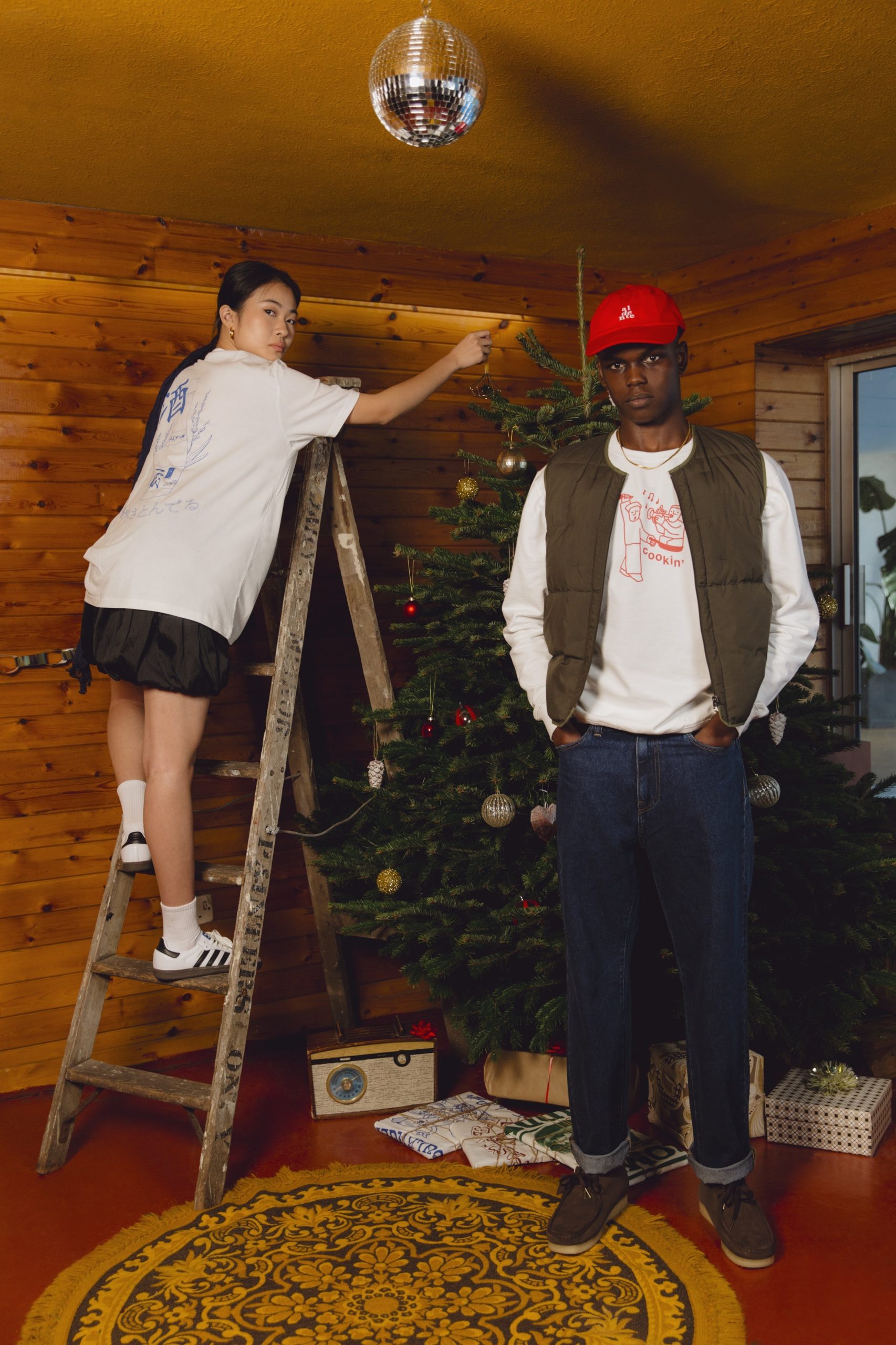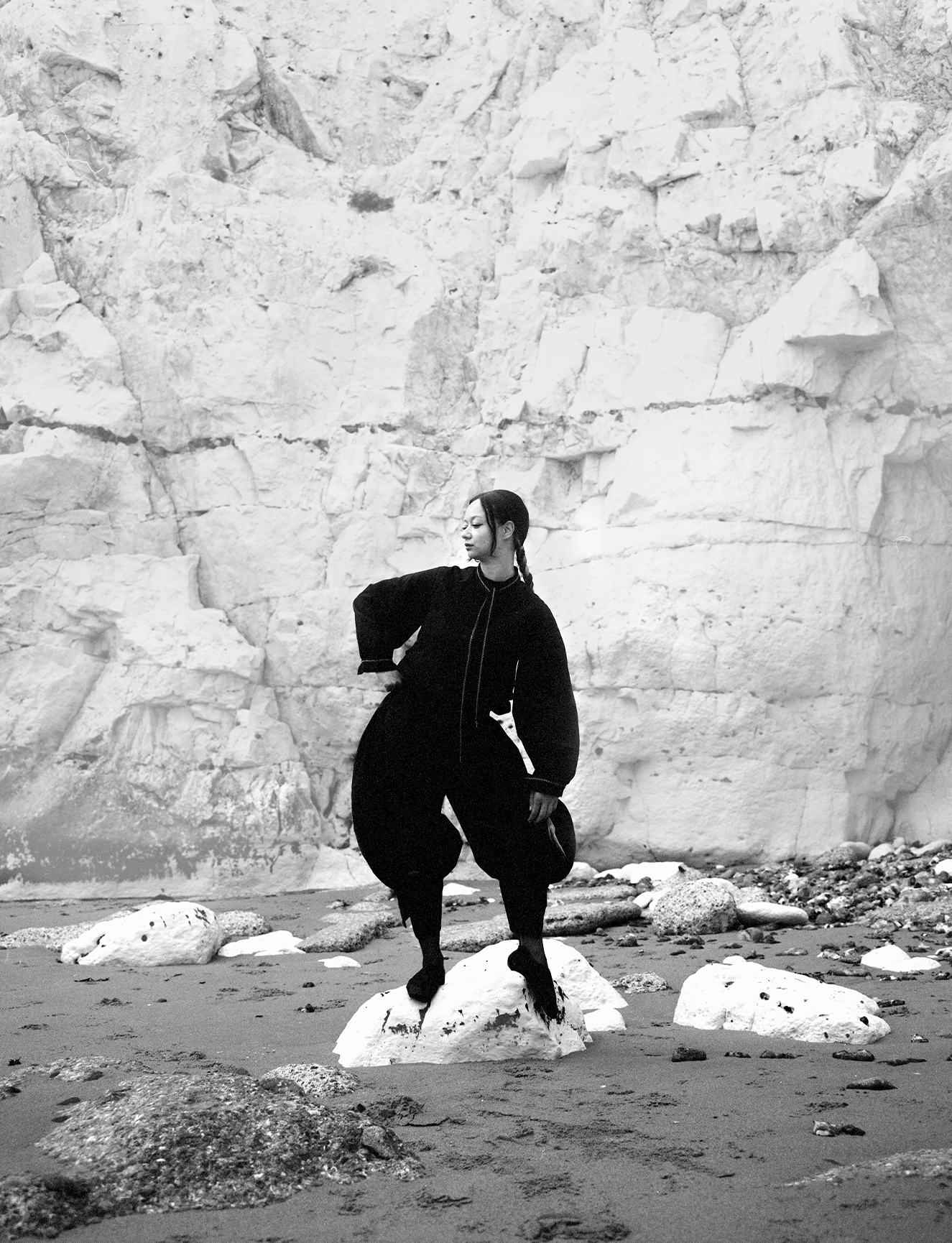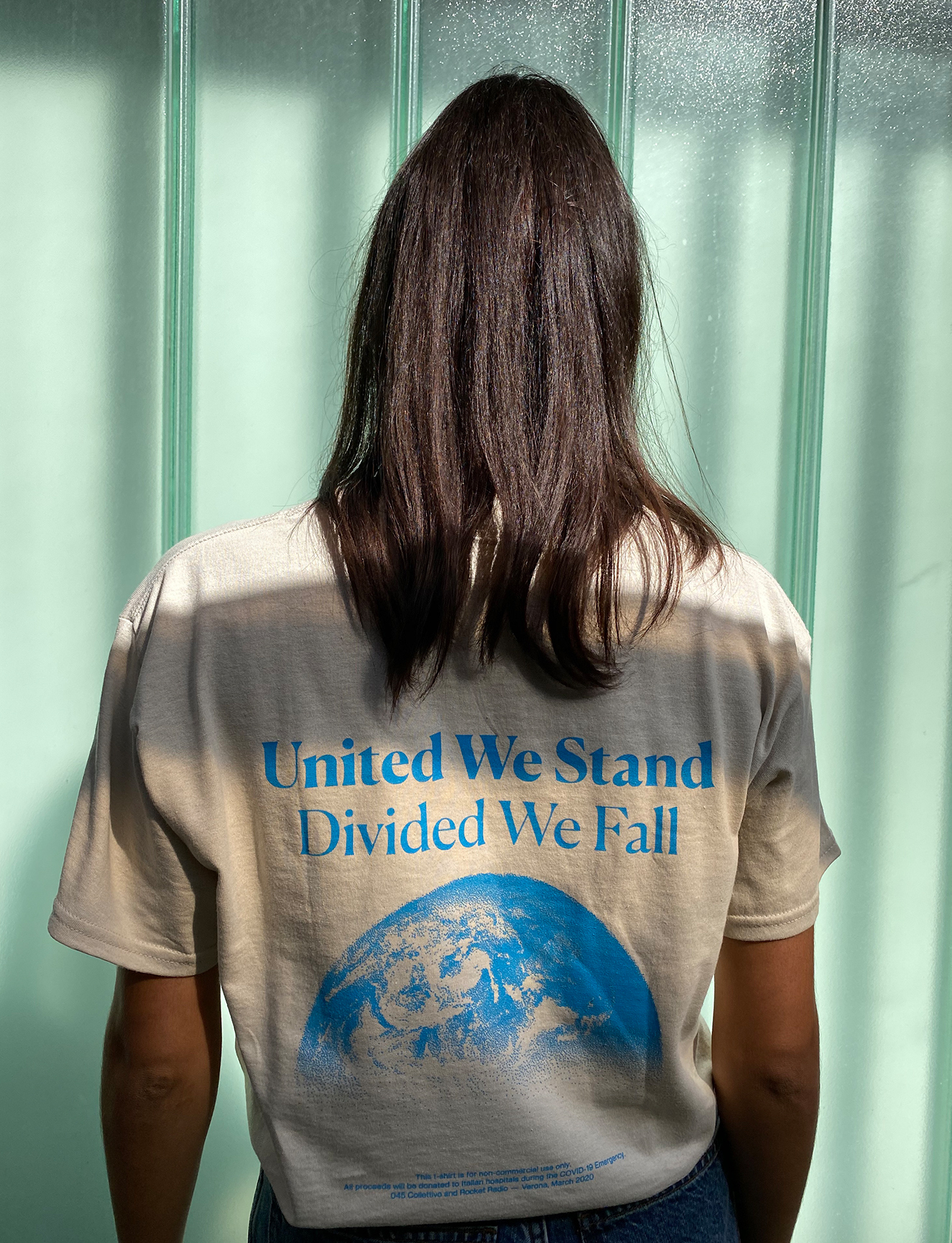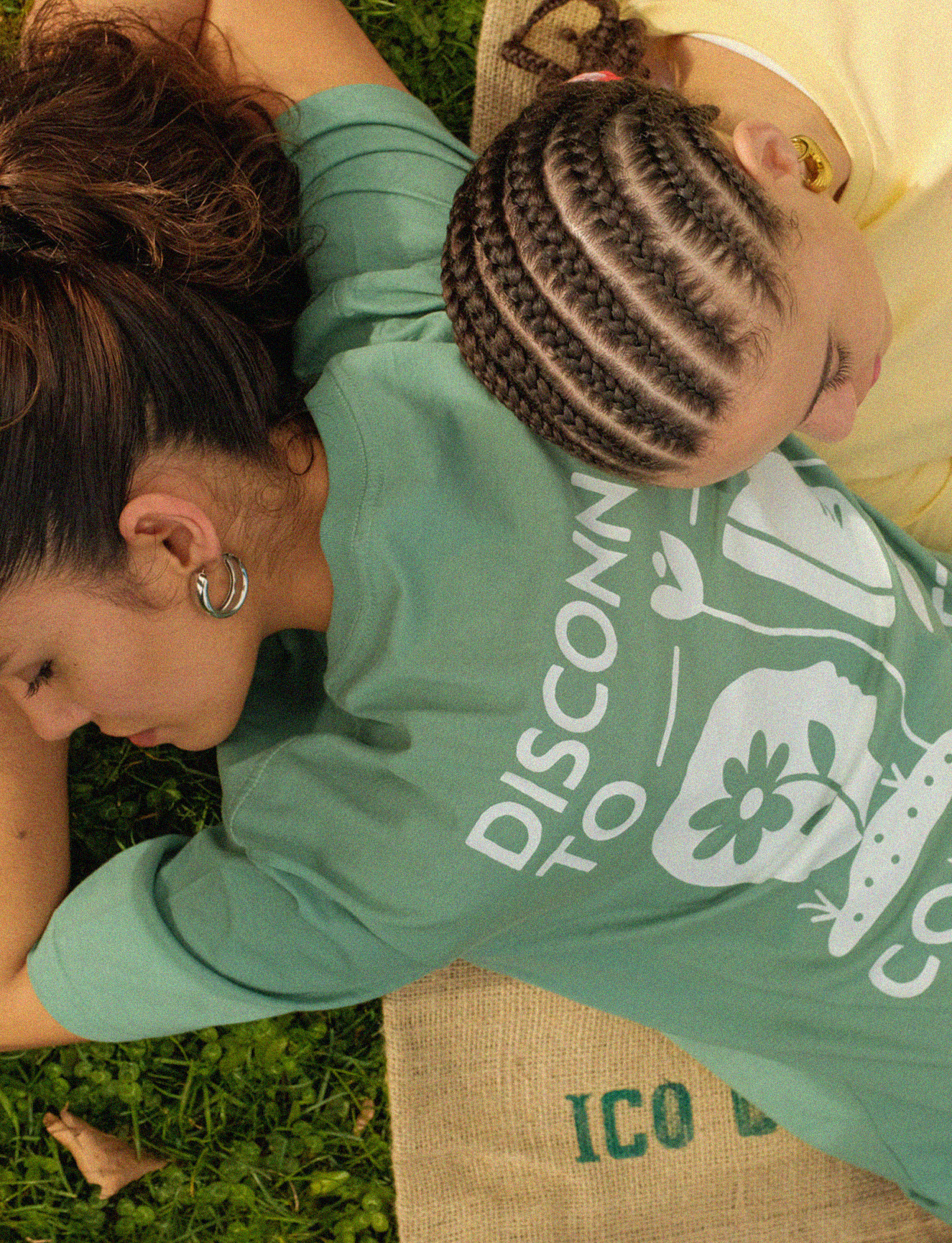In fiction, winter-as-party-season tends to be merry. Enjoyment is presented as uncomplicated. We find it in films like Whit Stillman’s Metropolitan, or Woody Allen’s Hannah And Her Sisters; the winter party probably happens in Manhattan, the people are either in tuxedos, diaphanous evening gowns, or the worst knitwear you’ve ever laid eyes on; it probably involves glamorous guests, witty retorts, and furtive snogs; it is probably the kind of party you will never go to. Perhaps part of why these fictional depictions can feel out of sync with reality is that it is often at parties that we can become most aware of ourselves as social beings, delightfully terrified of others.
They provide a kind of pit-stop for the soul
While parties, like birthdays, can be a source of low-level dread, as I’ve gotten older, I’ve realised that it’s the intense social burst of a party that keeps me going through the months where I can find little else that excites me. Through the darkest days of winter, they provide a kind of pit-stop for the soul. Aside from candles, sad music, hot baths, and melancholia, parties are all that winter allows.
As with most fictional renderings, the best depictions of parties will always manage to capture both sides of the coin. The New York poet Frank O’Hara was famed for being a ravenous socialite, with an unhealthy appetite for cocktails. It’s easy to imagine O’Hara nursing a sore head, trying to parse murky conversations from the night before as he penned the poem ‘For Grace, After A Party’, to his dear friend, the painter, Grace Hartigan. The poem opens “You do not always know what I am feeling,” and in it the young poet laments the time he wasted “blazing my tirade against someone who doesn’t / interest / me,” instead of being in the company of his dear friend.
The poem excels in capturing the fleetingness of the party, where the extremity of feeling that emerges in a night on the booze always comes crashing back down to reality, such that: “in rooms full of / strangers my most tender feelings writhe and / bear the fruit of screaming. Put out your hand, / isn’t there / an ashtray, suddenly, there? beside the bed?” It’s as if a portal opens within the poem – from party to pillow, from ecstasy to regret, from the social throng to the deep need for the presence of a real friend. Perhaps it is in this strengthening of feelings that the value of the party can be found for the writer – that it intensifies our senses, allowing us to yearn for possibility?
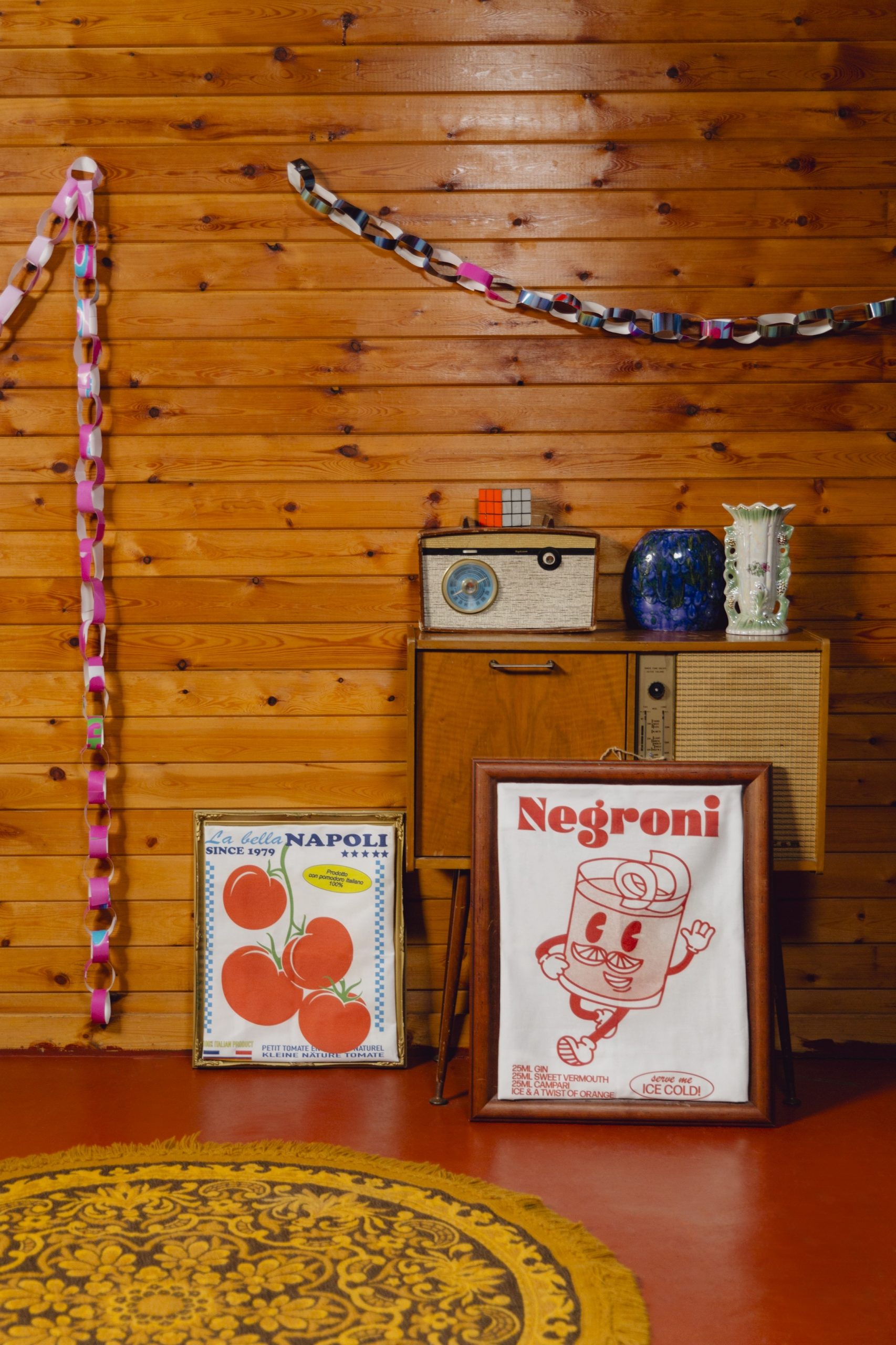
Whether over lost love or lost dignity, O’Hara’s regret did not curtail his wild social desire, or his emotions. His friend Hal Fondren recalls that after a New Year’s Eve party, the poet “who was weeping wildly” over someone who didn’t love him had to be dragged home to bed before immediately waking up and drinking again.
In his biography, City Poet, Brad Gooch recounts how O’Hara and fellow poet John Ashbery once hosted a party in Paris, a city where they knew practically no one, and attempted to make their dream guestlist a reality, inviting Jean Cocteau, Man Ray, Pierre Boulez, and Robert Bresson to their bash, with Brigitte Bardot not quite making the invite list. Clearly, O’Hara’s melancholy never dampened his social appetite.
In the spirit of O’Hara’s curation, I asked the writer Juliet Jacques who she would invite to her winter party. Her first choice was one of O’Hara’s favourite poets, Vladimir Mayakovsky, the Russian revolutionary, “who would be full of revolutionary energy (although I know he would completely dominate the conversation),” a famously tall man, hopefully we can find a tuxedo to fit him. Also in attendance at Juliet’s party is Ann Quin, “Who might have done her party trick of staying silent but who I would have loved to have met (not least because her sensibility seems so similar to so many of our friends).”
Where December is supposedly a time for overindulging in the company of friends and acquaintances of all stripes, eventually we crash back into January – reckoning with our bad habits, retreating into ourselves to hibernate, stewing over all the regrettable things we did at parties and thinking that we’ll start to change things. It’s when we engage once more with that big creative project, getting back into that big idea.
We need to be around others
As Juliet hints at, artists and writers are often curious social creatures. While the Surrealists and the Dadaists threw elaborate costume parties, we don’t necessarily think of artists and writers as natural socialites. We might ask ourselves for what reason creatives indulge in parties at all? The answer, I think, lies in the anxiety that is created by such excesses as much as it does in the promises that enjoyment offers. To be truly creative, we need to be around others to expose our senses to the fullness of the world, such that in the cold light of day, we can melodramatically clamour for the love of our friends, as so beautifully captured in O’Hara’s poem.
Creatives engage with the world then they have to step away from it – taking space to make their work. In this back-and-forth from public to private, parties might be part of what Arthur Rimbaud called the need for “the systematic derangement of the senses,” with the aid of alcohol and other intoxicants, we can absorb our experiences intensely, seeing things afresh, yearning for the world again.
Read More: All Play And No Work



